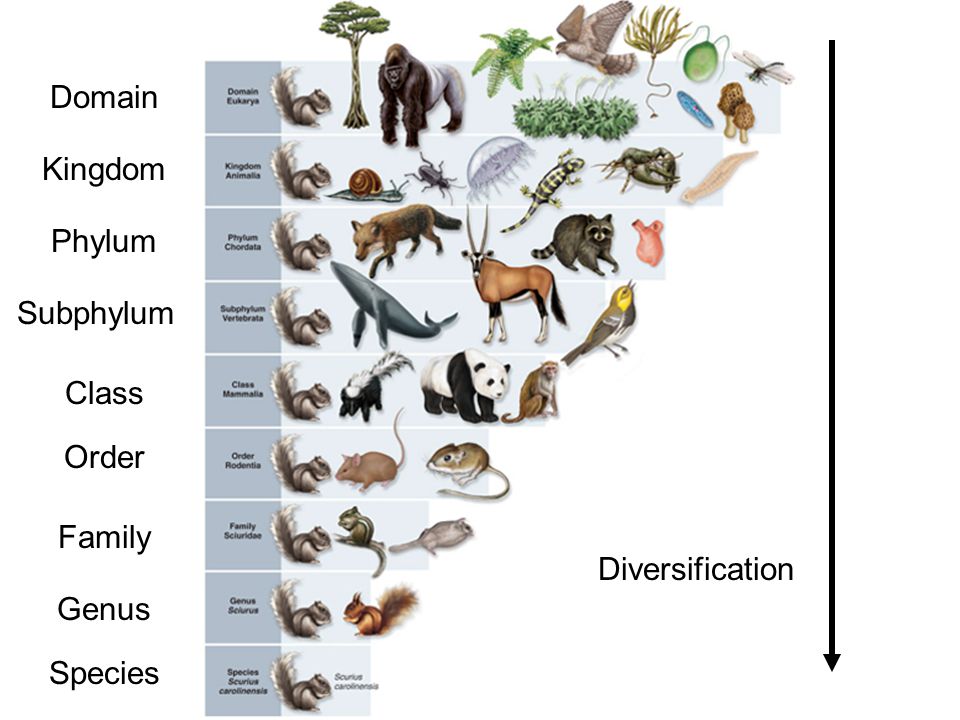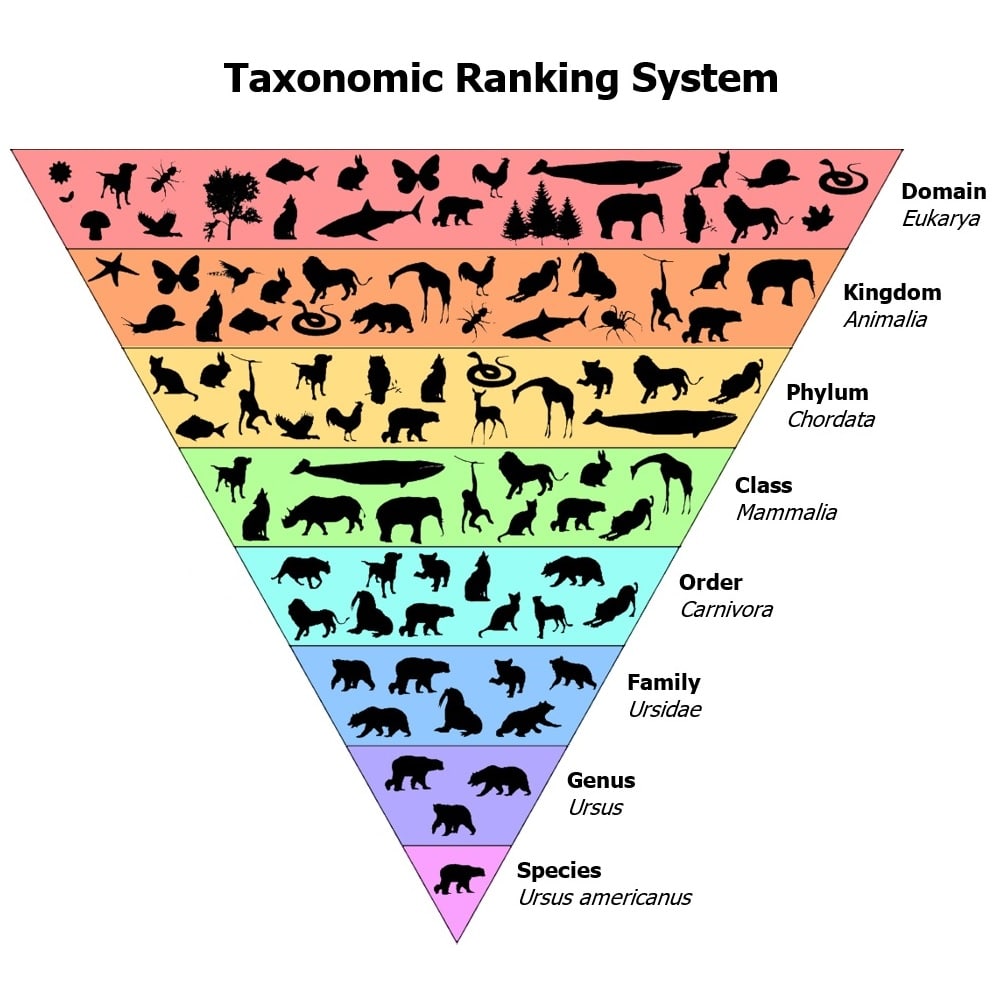
Taxonomy is the branch of biology that deals with the identification, naming, and classification of living organisms. It is a science that seeks to arrange organisms into groupings based on their shared characteristics, as well as their evolutionary relationships. Taxonomy is an important tool for understanding the diversity of life on earth, and scientists use it to organize and communicate information about species. Taxonomy includes the identification, classification, and naming of organisms. The identification process involves comparing an organism to a set of characteristics or criteria to determine its identity. This is done by examining the characteristics of a species, such as its anatomy, physiology, behaviour, and genetics. Classification involves grouping organisms together based on their shared characteristics. This is done by comparing the characteristics of different species and placing them into categories or taxa. Naming involves assigning a scientific name to a species, usually in Latin or Greek. Taxonomy is also used to trace evolutionary relationships between species. By comparing the characteristics of different organisms, scientists can make inferences about their shared evolutionary history. This information helps us to understand the relationships between species, and the processes that drive the evolution of life on Earth.

Taxonomy, classification ,identification,naming
